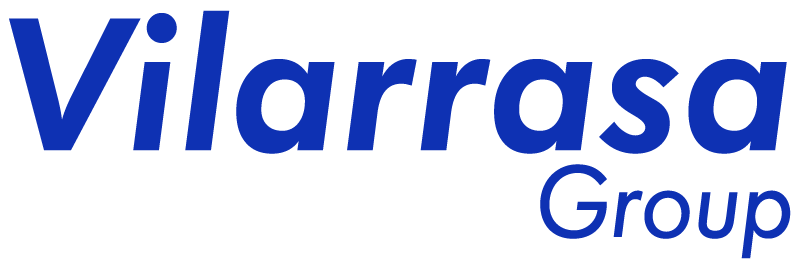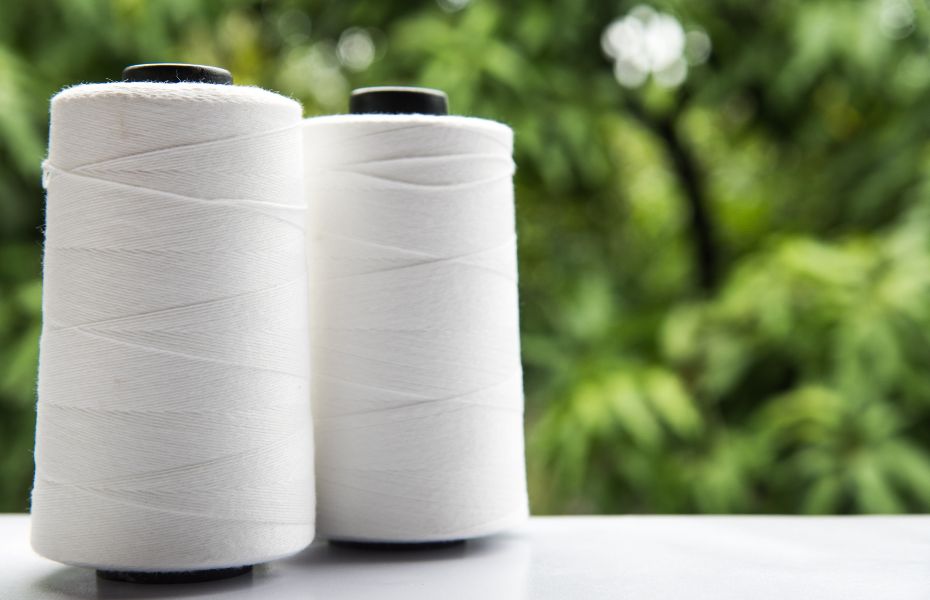The adoption of sustainable practices has been on the rise in the production of industrial textiles and has become an undeniable necessity in the modern world.
In this context, industrial recycled yarn for weaving has emerged as an intelligent and eco-friendly solution to meet the demands of fashion and apparel. In this article, we will discuss the different types of industrial recycled yarn for weaving, highlighting their benefits and applications in the textile industry.
Benefits of Industrial Recycled Yarn
The use of industrial recycled yarn not only reduces carbon footprint and dependence on virgin resources but also opens up a new realm of creative possibilities for designers and textile manufacturers. Furthermore, it contributes to the circular fashion cycle by giving new life to previously used materials.
Types of Industrial Recycled Yarn for Weaving
Recycled Cotton Yarn:
This type of yarn is obtained from cotton waste, such as fabric cuttings and unsellable garments. Through a process of defibrillation and reprocessing, high-quality yarn is produced that retains the softness and durability of the original cotton. Ideal for a wide range of textile products, from t-shirts to upholstery fabrics.
Recycled Polyester Yarn:
This yarn offers exceptional strength and is widely used in the production of sportswear, outerwear, and durable accessories.
Recycled Acrylic Yarn:
Recycled acrylic yarn is obtained from unusable acrylic garments and fabrics. Through a reprocessing process, yarn with properties similar to the original acrylic is created. This makes it an excellent choice for lightweight garments, blankets, and accessories.
Applications and Advantages in the Textile Industry
Waste Reduction:
The production of industrial recycled yarn reduces the amount of textile waste ending up in landfills, promoting a more sustainable and environmentally conscious industry.
Design Diversity:
Manufacturers can experiment with a variety of colors and textures by mixing different types of recycled materials, providing opportunities for unique and appealing designs.
Consumer Satisfaction:
In an era where consumers increasingly value sustainability, products made with industrial recycled yarn can become a key differentiator and generate loyalty among buyers.
Industrial recycled yarn for weaving emerges as one of the solutions that benefit both the textile sector and the environment. The adoption of these materials not only offers tangible benefits in terms of efficiency and design but also demonstrates a genuine commitment to conserving our natural resources.
The versatility of industrial recycled yarn for weaving is redefining the landscape of fashion and apparel. Whether through the use of recycled cotton, polyester, or acrylic, manufacturers have a wide range of options to create high-quality and sustainable products. As awareness of the importance of sustainability continues to grow, industrial recycled yarn becomes an essential component for cutting-edge textiles and products.


